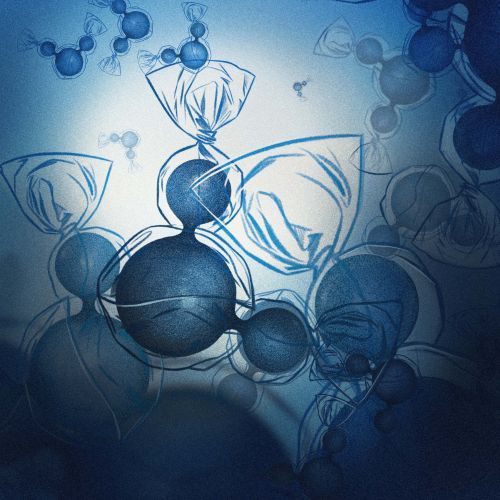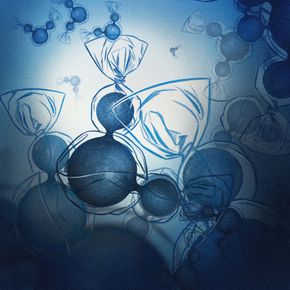Protection and reintroduction of crayfish, beavers and freshwater turtles
Austropotamobius pallipes crayfish help keep water reservoirs clean by feeding on decaying matter. However, their numbers are decreasing in Europe due to poaching, disease, competition with invasive species and climate change. Therefore, in June 2023 Rewilding Apennines and its partners released 387 juvenile Austropotamobius pallipes into the Verde River in the Riserva Naturale Regionale Cascate del Verde nature reserve. As part of the program, more young crayfish will be released in the Gizio, Romito and Verde rivers over the next few years.
Freshwater turtles are among the most endangered groups of vertebrates on Earth. In today’s world of highly urbanised wetlands, it is challenging for them to survive, especially when they leave the aquatic environment to nest on land. Thanks to Australian Murdoch University researchers who observed Chelodina oblonga species turtles, it is now known that these reptiles need well-lit passages and tunnels to significantly increase their chances of survival, i.e., to cross the road successfully.
In winter 2024, beavers will be reintroduced to the Nene Wetlands Nature Reserve in the UK. Beavers will return to Northamptonshire for the first time in hundreds of years, and their presence will help manage the moist woodland habitats in the closed area around Delta Pit, enabling reedbed restoration work to continue and creating diverse wetland habitats for the benefit of other species. In 2022, beavers were recognised as a native and European-protected species in England.


























